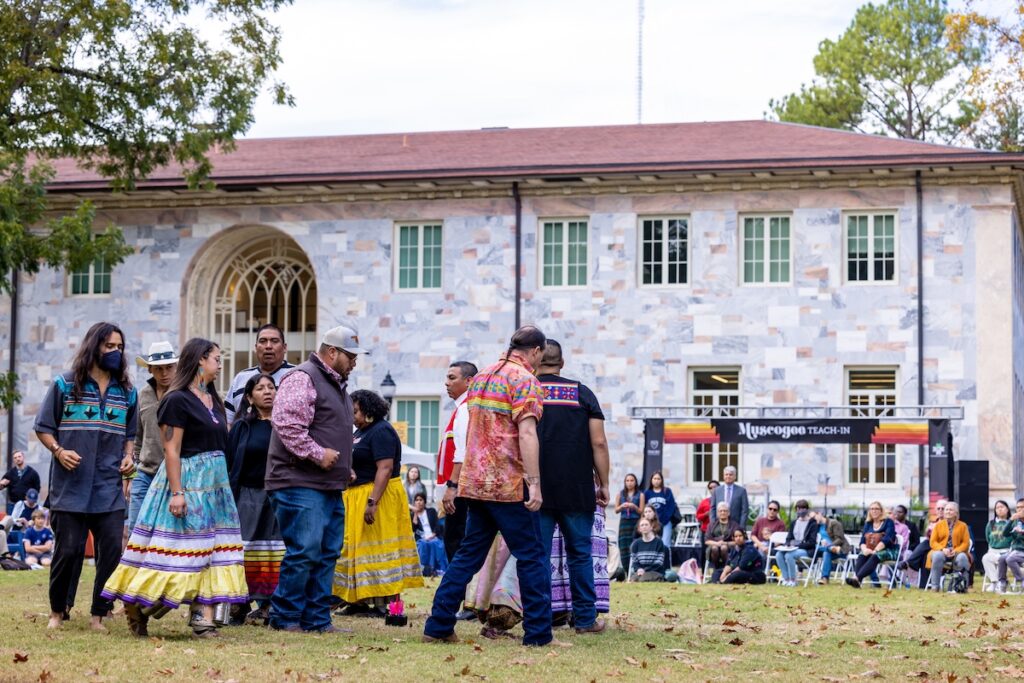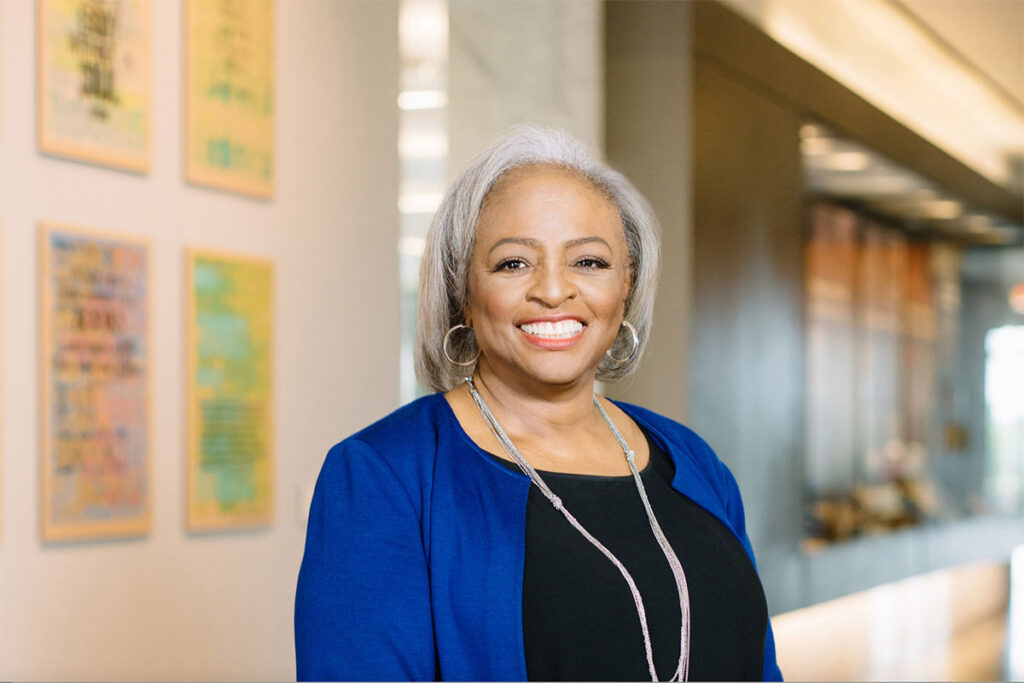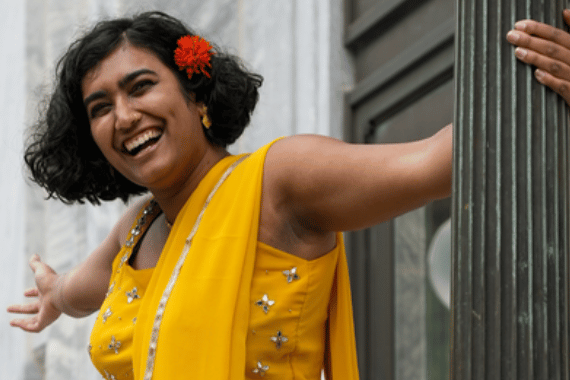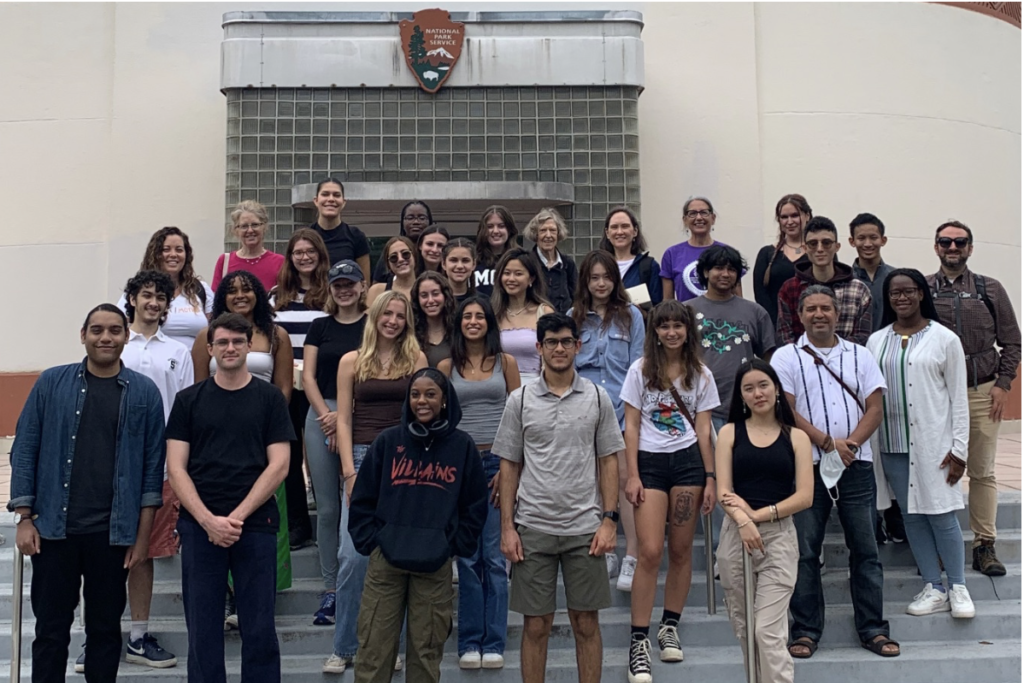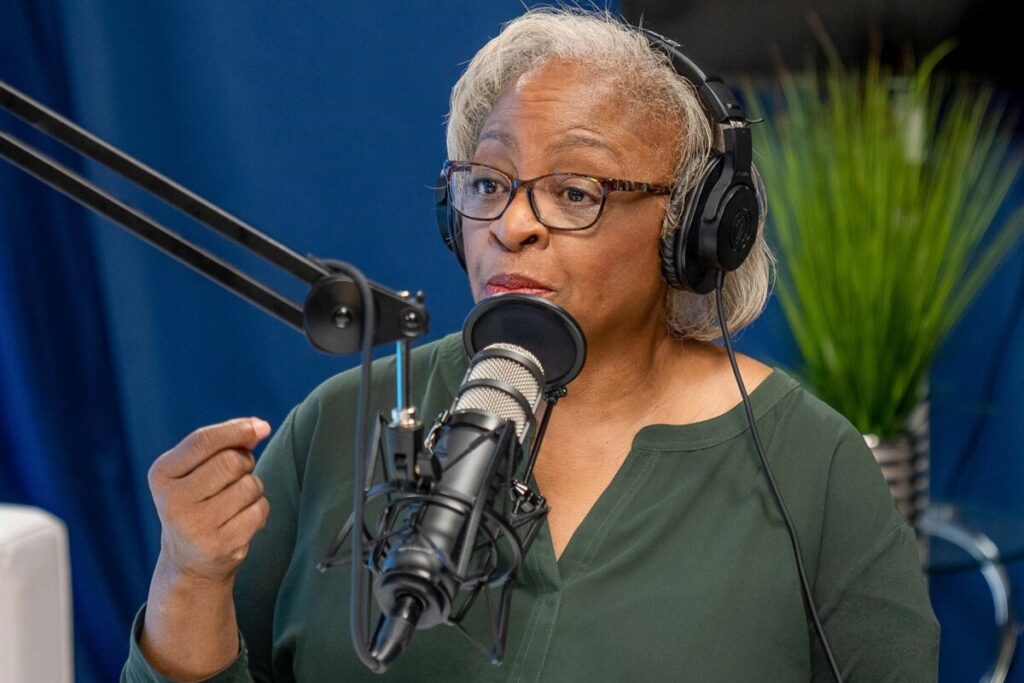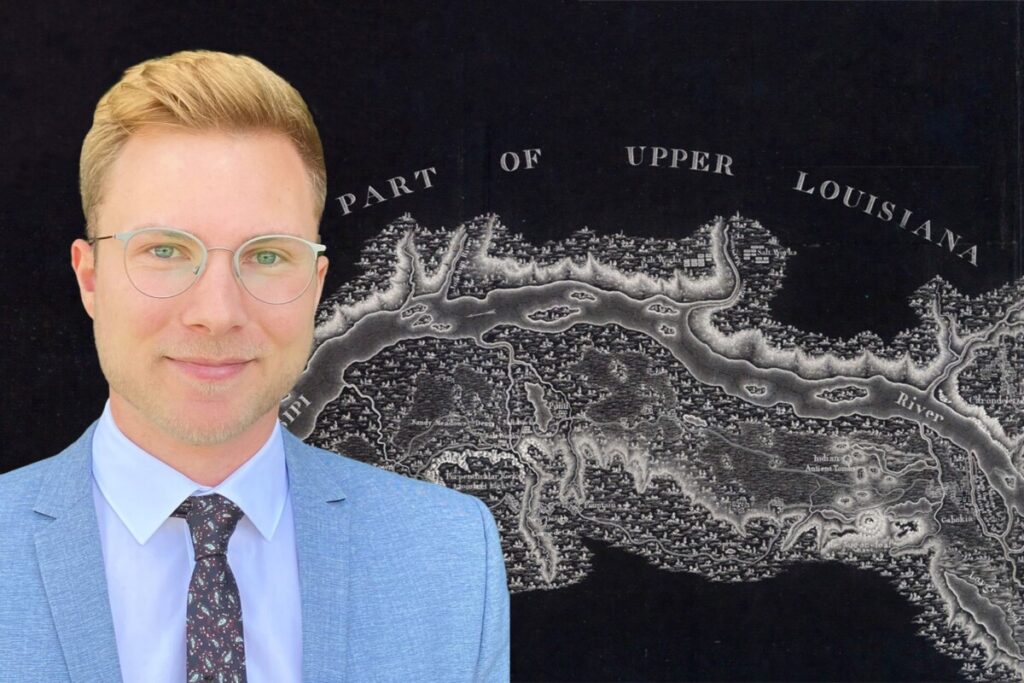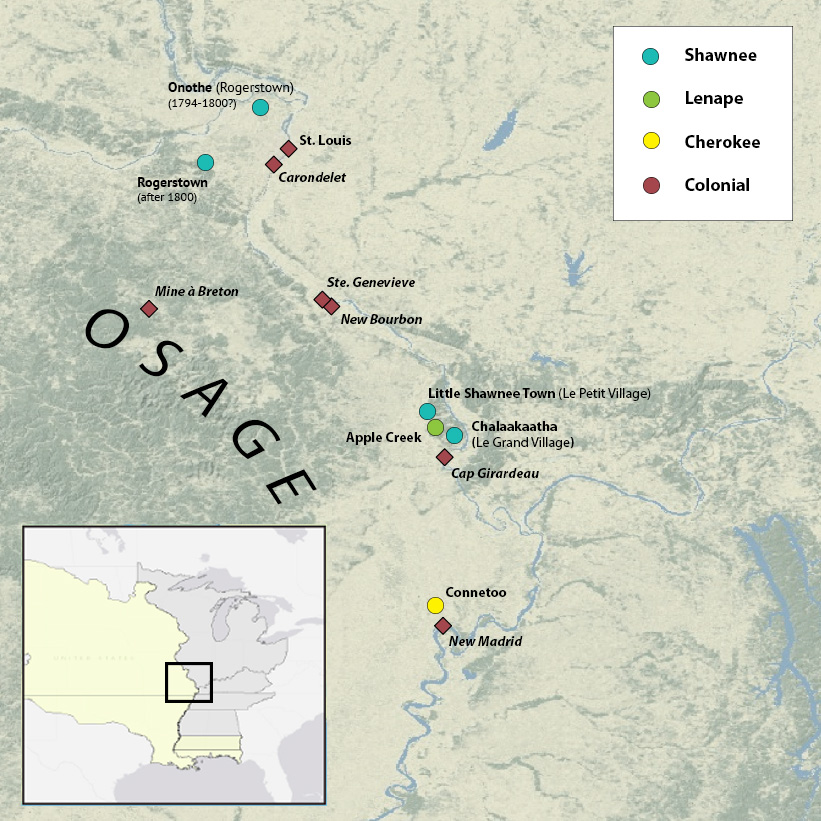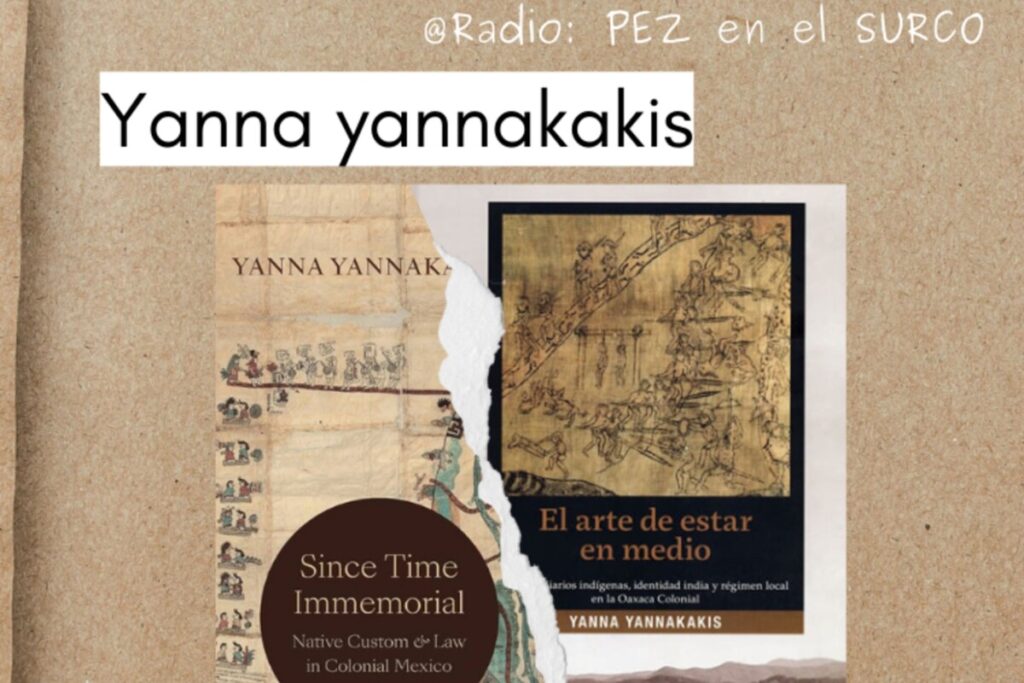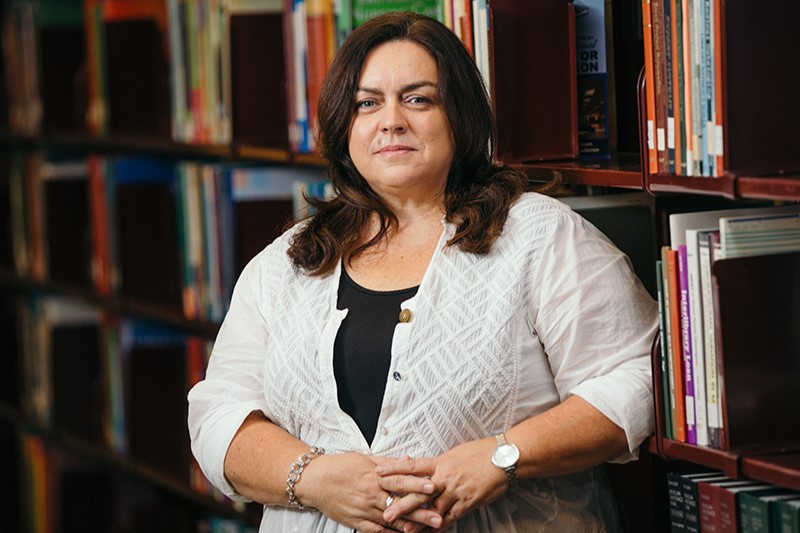
Dr. Kylie Smith, Associate Professor and Andrew W. Mellon Faculty Fellow for Nursing and the Humanities, was recently cited in the Washington Post article “Now seen as barbaric, lobotomies won him a Nobel Prize in 1949.” The piece centers on Portuguese neurologist António Egas Moniz, who was seen as a visionary – and awarded the Nobel Prize for medicine – for his introduction of the lobotomy procedure in the mid-1930s. Tens of thousands of lobotomies were performed, disproportionately on women, people of color and those seen as violating social norms, such as gay men. Many patients died or were permanently harmed. Coinciding with the announcement of the 2023 Nobel prizes, the WaPo article considers whether awardees in situations like Moniz’s should have their prizes revoked. Smith is Associated Faculty in the Department of History and author of Talking Therapy: Knowledge and Power in American Psychiatric Nursing After WWII (Rutgers University Press, 2020). Read an excerpt from the article below citing Smith along with the full piece here.
“Over the years, ‘mental illness has been seen in terms of spiritual malaise [being taken over by demons] or through a moral deficiency,’ Nicole Shepherd, a social scientist at The University of Queensland, wrote in an email, and Moniz’s work demonstrated a kind of progress. ‘Mental illness was seen as a health problem, that is properly treated by doctors,’ she said.
“But that shift had a dark side, said Kylie Smith, a professor at Emory University who studies the history of psychiatry. Psychiatrists ‘wanted to be taken seriously as scientists’ and were ‘desperate to find some kind of heroic cure.’
“When it comes to the Nobel Prize, Smith said, the Nobel Committee should ‘think seriously about’ how it awards prizes. Elevating individual scientists, particularly those from elite institutions, ‘takes a certain amount of hubris,’ she said.
“‘And we know that pride comes before a fall.'”
